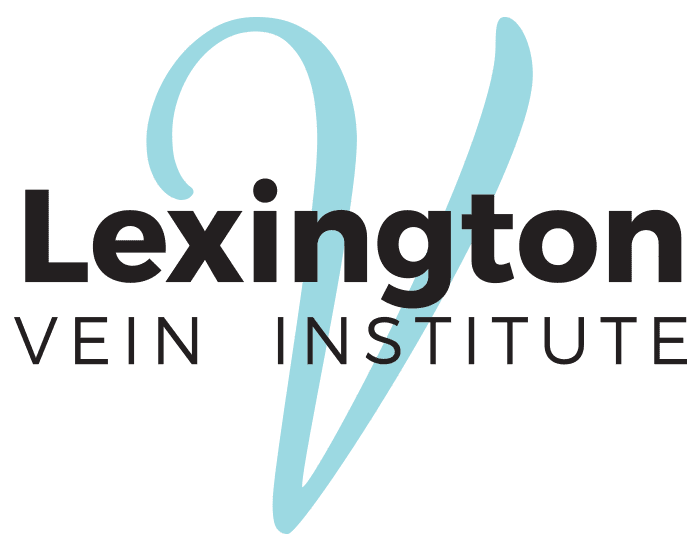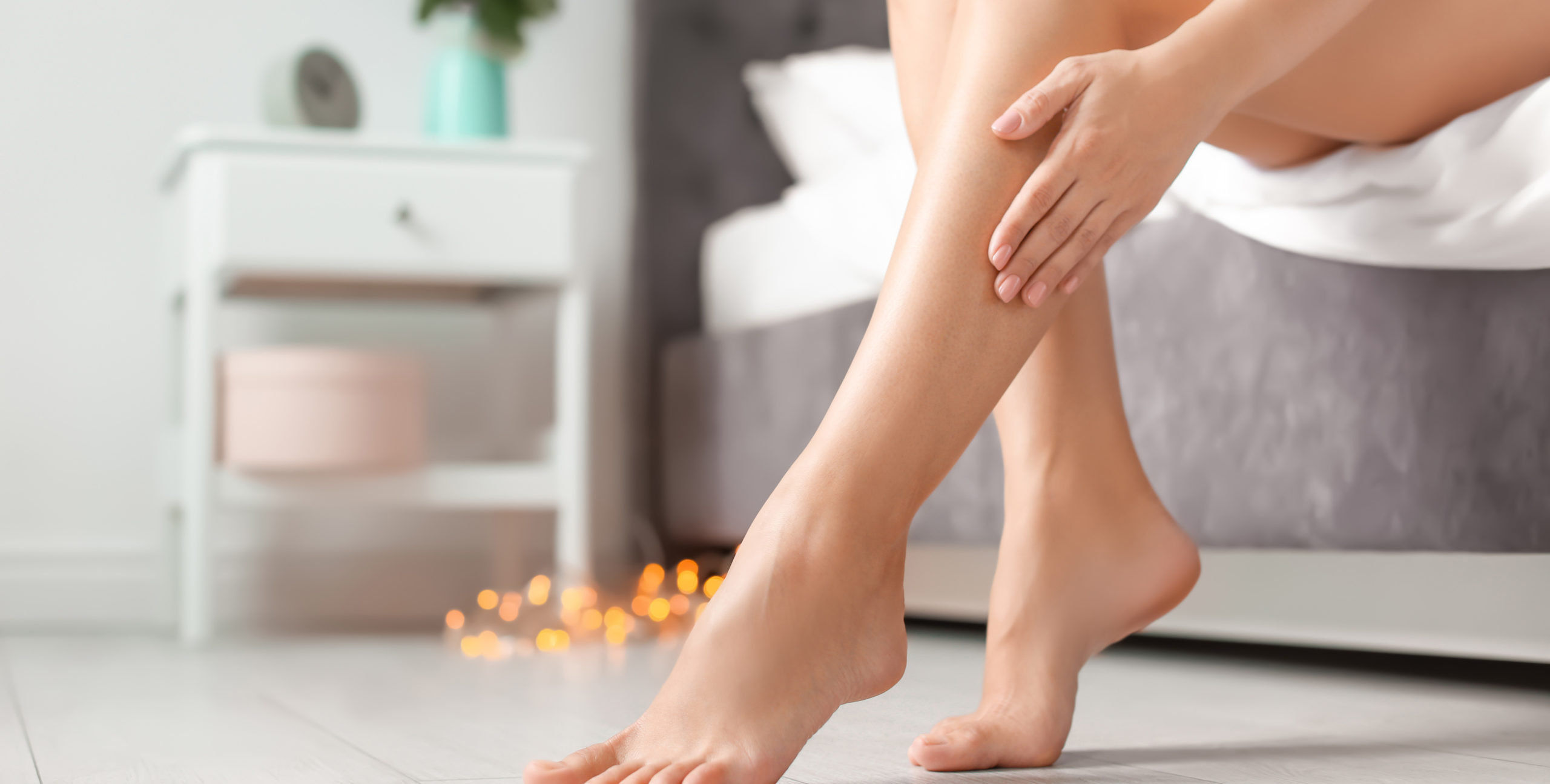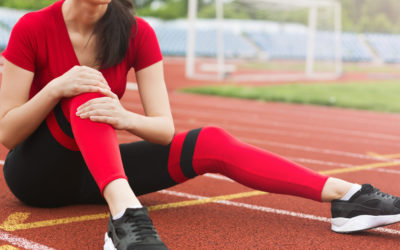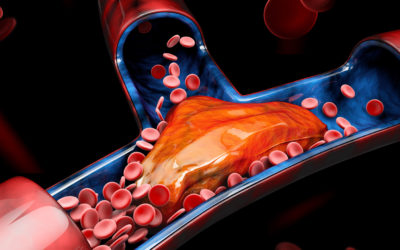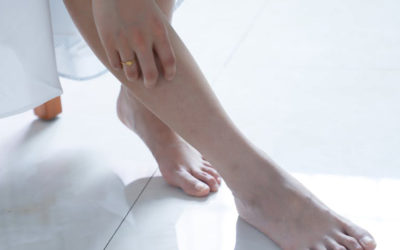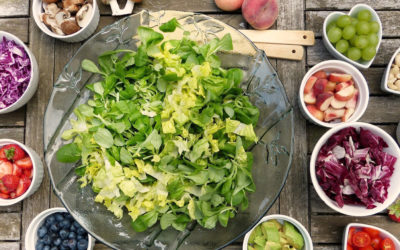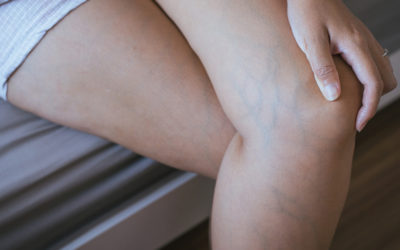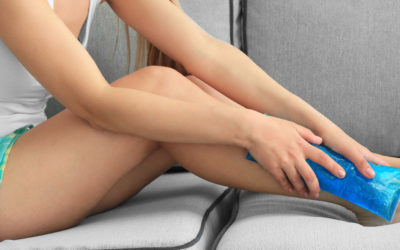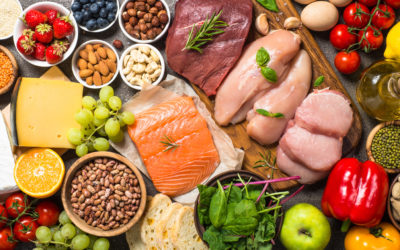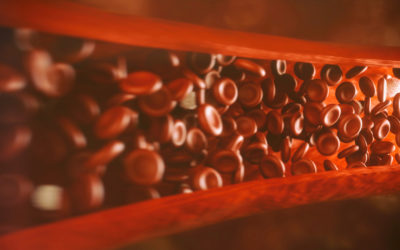Varicose veins are enlarged on knotted veins that most often appear due to abnormally high pressure on the veins. Most of the time, they appear on the thighs, ankles, and feet. While varicose veins aren’t always pleasing to look at, their negative aspects go far beyond that. They can cause a variety of health issues including pain, swelling, ulcers, and soreness in the legs and feet. There are various types of varicose veins, each with unique characteristics. This is since there are several kinds of veins in the legs and not all veins appear the same when they become varicose. Let’s look at some common types of varicose veins.
Saphenous Varicose
Saphenous varicose veins entail the saphenous veins in the legs. which swell significantly larger than their desired size and bulge out from the skin. The veins appear very large and rope-like. This kind of varicose veins can be colorless, however, are just as noticeable since they protrude out.
Reticular Varicose Veins
Reticular varicose veins spread out like a mesh and cover a wider area on the surface of the skin. The veins are typically thicker and appear in red, green, or purple hues. Reticular veins don’t always bulge out; however, they can be unpleasant sometimes.
Spider Veins
Spider veins are smaller in dimension, red or blue in color, and are common anywhere on the body. They commonly spread out in a web form rather than a mesh shape. Spider veins are also thinner and smaller than other varicose veins.
Why is This Crucial?
It is essential to recognize what type of varicose veins a patient has because it can assist in understanding what triggers them. Furthermore, different types of varicose veins might have somewhat different symptoms and progression patterns such as blood clots, and skin discoloration. Ultimately, understanding the type of varicose veins a patient has can help them get the ideal treatment to ensure more veins don’t also become varicose.
Who Should Examine Varicose Veins?
If you have varicose veins or any other chronic venous insufficiency, it’s best to see out a vein specialist. Veins specialists, such as Dr. Fadi Bacha, understand veins, the problems that influence them, as well as the latest treatment options available to treat them. Additionally, veins specialists can advise lifestyle adjustments such as compression stockings and avoiding standing or sitting for a long period of time. These lifestyle changes can help to prevent further veins from becoming varicose. If you are seeking an experienced vein specialist in the Lexington, KY, area, Lexington Vein Institute is the place for you.
Lexington Vein Institute in Lexington, Kentucky creates a safe and healing space that specializes in vein and lymphatic disorders. Practicing phlebology “Vein Disease” since 2007, Fadi Bacha, MD is a board-certified in Internal Medicine by the ABIM, diplomat by the American Board of Vein and Lymphatic, board-certified in Anti-Aging Medicine by the American Academy of Anti-Aging Medicine A4M, Registered Physician Vascular interpreter by APCA, who has been treating men and women with varicose and spider veins problems using the latest and most advance technology that include Sclerotherapy, Endovenous Laser Ablation, Varithena, and Ambulatory Phlebectomy. Dr. Bacha also treats a variety of venous disease complications such as Edema, Restless Legs Syndrome, Venous insufficiency Ulcers, and Deep Vein Thrombosis.
